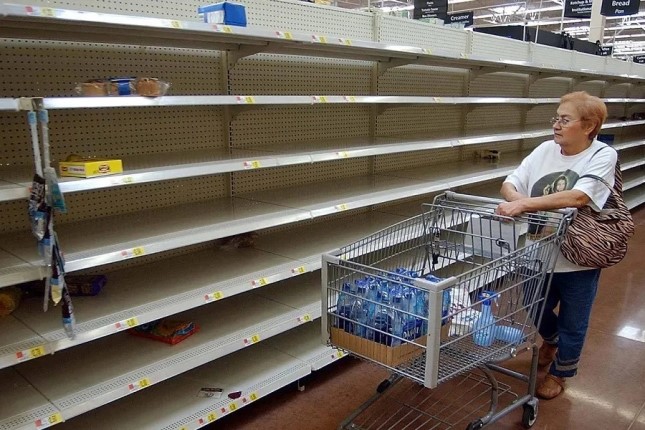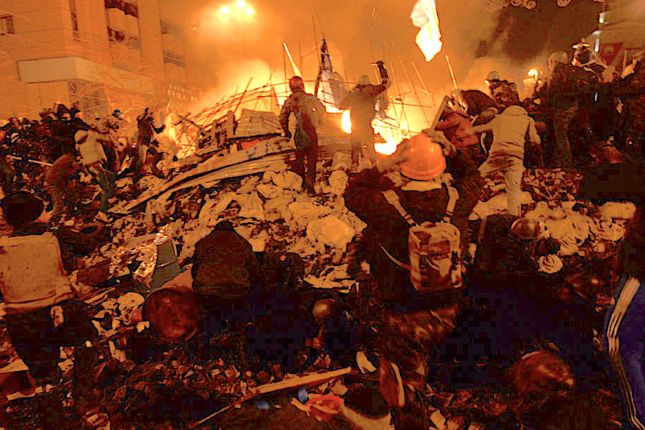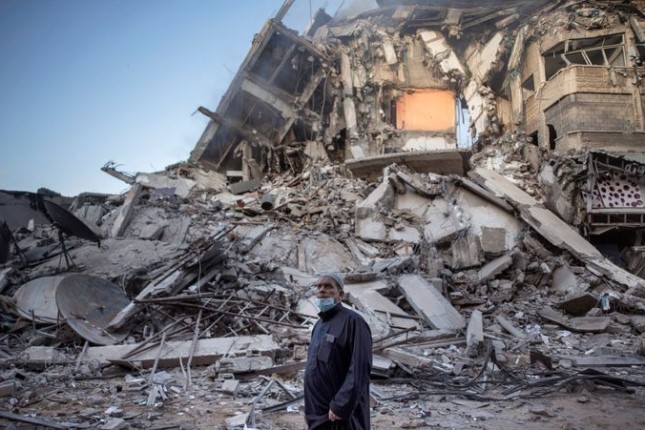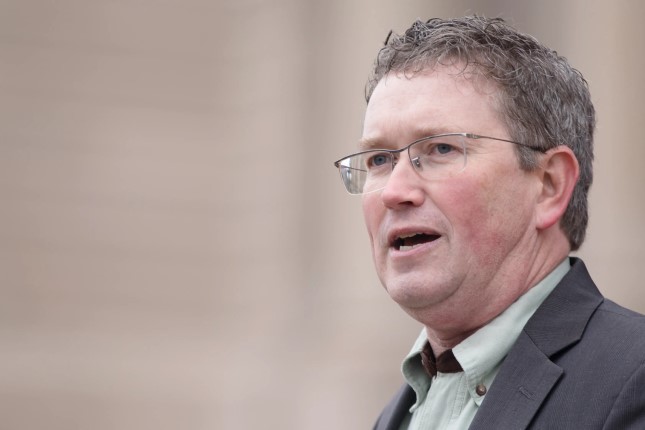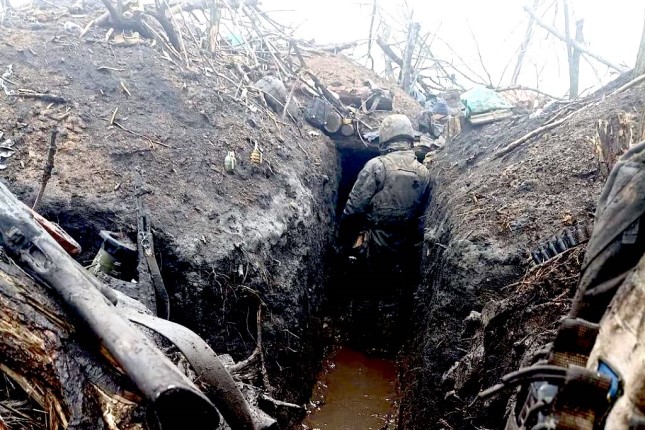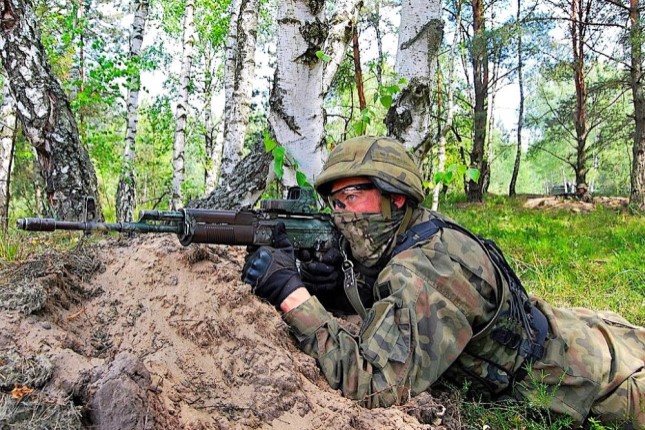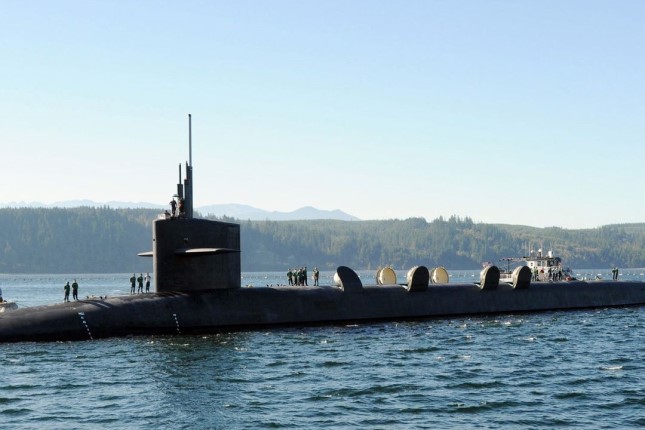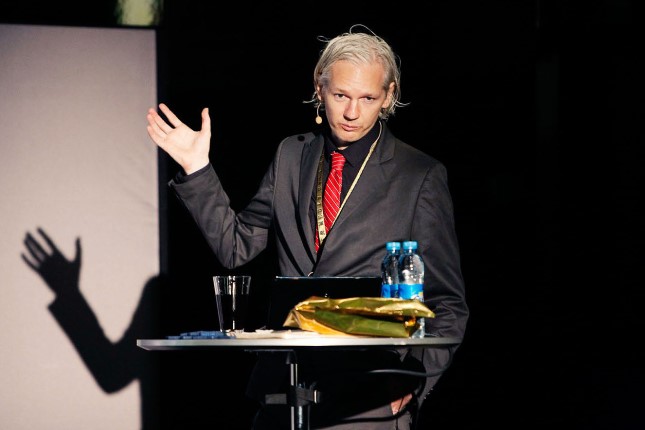The world’s media are promoting the thesis of another impending wave of a food security crisis as a result of an upsurge in world food prices, primarily grain. One of the main reasons for concern is the expiration in November of the "Initiative on the Safe Transportation of Grain and Foodstuffs from Ukrainian Ports", in which Russia, Ukraine, and Turkey have been participating since July with the support of the UN. Since the implementation of the initiative started (the document is designed for 120 days), about 8 million tonnes of grain, including wheat, sunflower products, corn, barley, and soybeans, have been exported from the ports of Odessa, Chornomorsk, and Yuzhny through a special maritime humanitarian corridor.
It is noteworthy that Western journalists try not to mention or completely hush up the fact that the mentioned initiative was signed in Istanbul in a "package" with a Memorandum of Understanding between Russia and the UN on the promotion of Russian foodstuffs and fertilizers to world markets. From what Russian officials have said in public, it seems that the Kremlin is not happy with how the second one is being carried out.
There is no serious progress in granting concessions and freeing Russian agricultural enterprises from the US and EU sanctions regimes. In addition, Russia's humanitarian efforts to support the neediest countries are being blocked. In particular, we are talking about Moscow's intention to transfer free of charge to the African states about 300 thousand tonnes of fertilizer that are under arrest in the ports of the European Union.
To discuss the issue of extending the Black Sea Initiative, high-ranking UN emissaries in the person of UNCTAD Secretary-General Rebekah Greenspan and UN Deputy Secretary General for Humanitarian Affairs Martin Griffiths visited Moscow the other day (October 16-17). The delegation was received by the first Deputy Chairman of the Government of Russia, Andrey Belousov, and held detailed consultations in the Ministry of Foreign Affairs and the Ministry of Defense. According to press releases, the talks were held "constructivly and in a positive atmosphere". However, no specific agreements, including Moscow's consent to prolong the Initiative, have been reported. They say that consultations on this matter will continue.
The UN did not disclose the details of the discussion on another interesting topic-the possibility of resuming the operation of the Togliatti-Odessa ammonia pipeline, which has been idle since February. In talks with the Russians and Ukrainians since September, UN officials have been promoting the idea of unblocking this pipeline.
